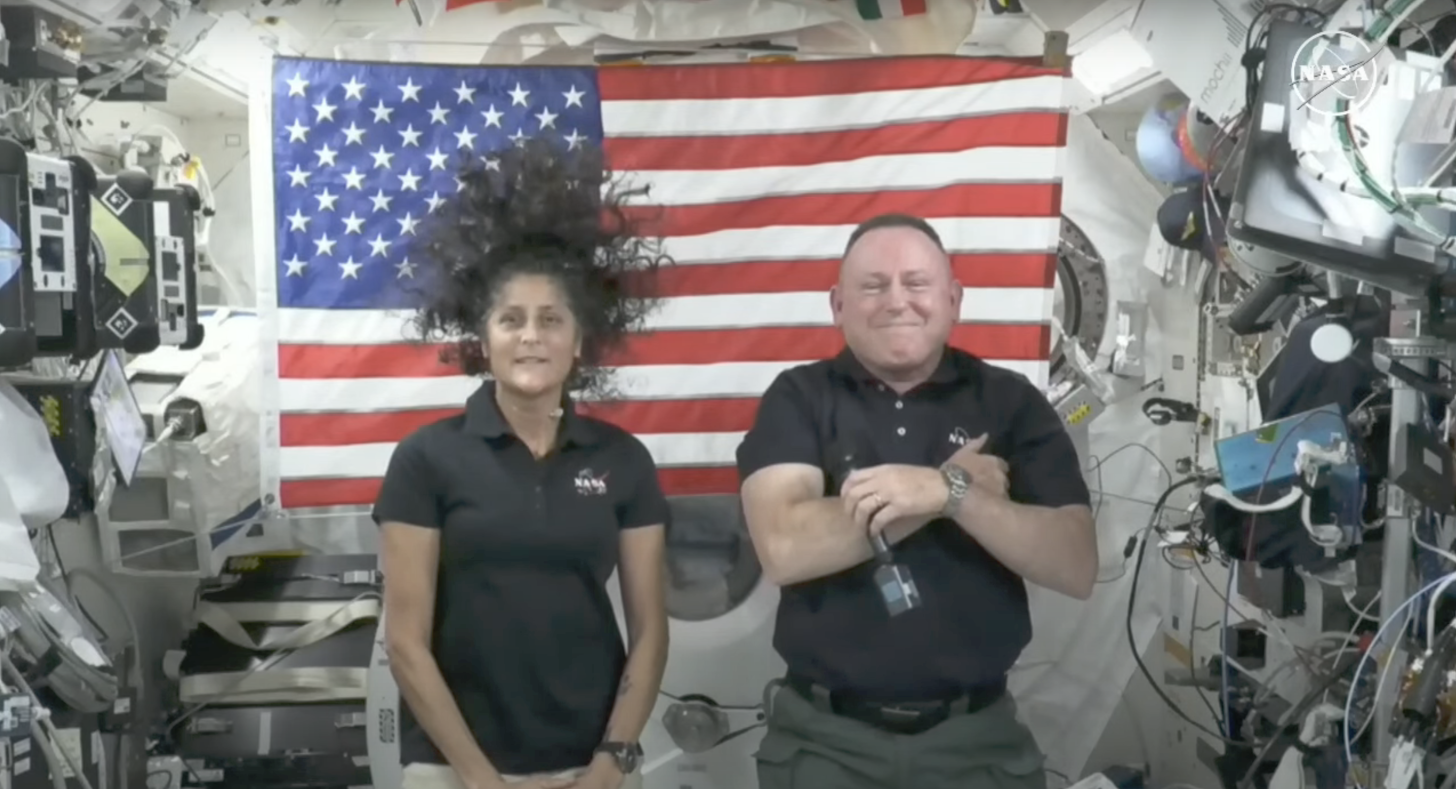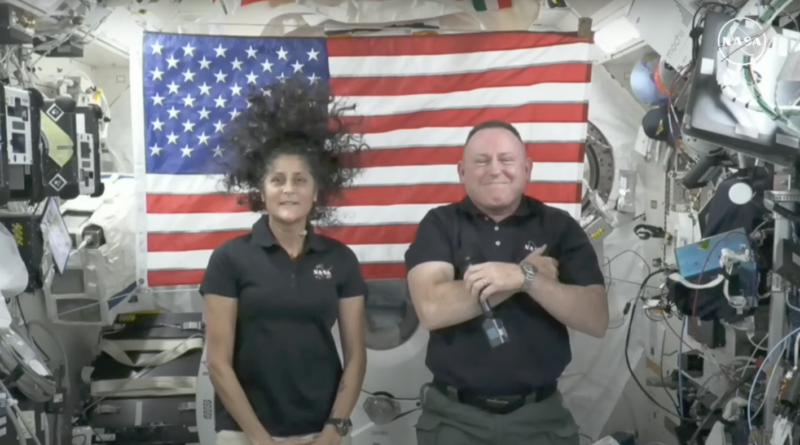NASA Administrator Shares Four Important Reasons for Boeing’s Continued Support
This is not financial advice. The author has no position in any of the stocks mentioned. Wccftech.com has a disclosure policy and code of conduct.
NASA Administrator, Bill Nelson, has shared four main reasons why his agency will continue to work with Boeing for crewed missions to the International Space Station (ISS) despite the major challenges in space in recent years. . These problems forced NASA to err on the side of caution and decide to return the crew to SpaceX’s Crew Dragon in February of next year.
Administrator Nelson shared the reasons during yesterday’s press conference, which announced NASA’s decision. According to him, the need to have two different planes for sending astronauts and the nature of the NASA and Boeing contracts are some of the important reasons that the couple will continue to work together in the future .
NASA continues to support Boeing for an Unequal Reduction, an “Arm’s Length” contract and a long history with Boeing that includes work on the SLS, says director Nelson.
During a phone call yesterday when asked why his agency continues to fund Boeing, Nelson began by sharing NASA’s needs “two spacecraft. There’s, uh, a lack of work if someone isn’t there to take crews to and from the International Space Station.” This lack of work, also called various reductions, aims to ensure that the astronauts enter the station around the clock as the failure or problems of one spacecraft does not require for NASA to drop another one for safety reasons.
For the second reason, Nelson said that NASA’s work with Boeing “according to the arm’s length contract. And the contract is a fixed price contract.” These contracts fix the amount that NASA pays its contractors over their lifetime, with additional payments that require approval. throughout the life of the contract.
A third reason for NASA’s continued partnership with Boeing is the great work they have done on many projects. Nelson said “Boeing has been a major partner of NASA over the years. Actually, uh, the big, uh Space Launch System, the SLS rocket is generally managed by Boeing. And, there’s been a long history with Boeing.”

SLS is the world’s most powerful rocket in operation, and its first test flight was successful in November 2022 when it sent NASA’s Orion spacecraft into orbit around the Moon. Orion is designed to take the first crew to orbit the moon before docking with SpaceX’s Starship and restoring America’s presence on the Moon after the Apollo program.
Although he initially intended to list three reasons, the Manager ended his answer with a bonus reason. He said that “their reason is that they [Boeing] were successful customers, along with, uh, uh, SpaceX. Because we wanted two. So for all those reasons, why did I say that NASA is doing business with BoeingStarliner was originally scheduled to launch in 2017, but several slip-ups have seen NASA stick with Boeing to get the benefits of having two different vehicles capable of flying crews to the ISS.
NASA deputy administrator Jim Free added that “Boeing operates the space station on our behalf as well as a prime space contractor. And it’s in its 25th year. So, we have a long and storied history with them there as well.” He contacted Ken Bowersox, the site’s operations manager.

Bowersox continued that “Boeing has been a great partner with us on the space station. And, and, and I think the key word is partner. Most people want to focus on a contractual relationship where we buy something from a company. This is not entirely true, okay. I mean we have a contract with Boeing, but it is to work together to develop this capability of our country,” said Bowersox.And we’ve had two good partners, Boeing and SpaceX, when it comes to commercial workers. And, when they have problems, we don’t just throw stones at them, or tell them that we don’t like them. We are working with them to solve those problems.”
#NASA #Administrator #Shares #Important #Reasons #Boeings #Continued #Support
